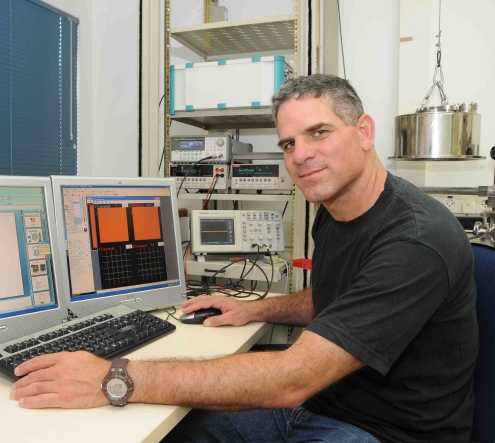DNA Based Programmable Electrical Circuits Move Closer To Reality - Molecular Electronics To Benefit
With the advent of miniaturization, over the last few decades, our machines have become smaller and smaller. The computer scientists of our times have been successful so far in reducing the size of our laptops and smartphones in such a way that they accommodate superior performance in a really tiny space. What they haven't been able to accomplish is reducing the distance between transistors, that can pave way the way for furthering the limits for the future development of our machines. Here in comes into picture an advanced form of circuits under a new branch called "Molecular electronics". Using molecular electronics, researchers want to solve the miniaturization challenge by making use of molecules to fabricate electronic components.
In nature, it's only the DNA Molecules that could be pre-designed to self-assemble into complex miniature circuits that form the foundation of our computers. To achieve that, the researchers need to demonstrate flow of electrical current through the long DNA molecules. With that background in mind, what an international group of researchers have come up with is remarkably awesome and the most significant breakthrough in the field of molecular electronics.

Prof. Danny Porath
Led by Prof. Danny Porath, Professor in Molecular Biomedicine at the Hebrew University of Jerusalem, the research team has been able to demonstrate quantitative measurements of electricity flow through long molecules made of four single G-quadruplex DNA strands. Their results are reproducible and Prof. Porath believes that they could serve as the basis for DNA based programmable circuits that lead to a more sophisticated, cheaper and simpler to make computers of the future.
What are your thoughts on the DNA based computer circuits? Share your opinions and views through comments section below.
Source: #-Link-Snipped-#
In nature, it's only the DNA Molecules that could be pre-designed to self-assemble into complex miniature circuits that form the foundation of our computers. To achieve that, the researchers need to demonstrate flow of electrical current through the long DNA molecules. With that background in mind, what an international group of researchers have come up with is remarkably awesome and the most significant breakthrough in the field of molecular electronics.

Prof. Danny Porath
Led by Prof. Danny Porath, Professor in Molecular Biomedicine at the Hebrew University of Jerusalem, the research team has been able to demonstrate quantitative measurements of electricity flow through long molecules made of four single G-quadruplex DNA strands. Their results are reproducible and Prof. Porath believes that they could serve as the basis for DNA based programmable circuits that lead to a more sophisticated, cheaper and simpler to make computers of the future.
What are your thoughts on the DNA based computer circuits? Share your opinions and views through comments section below.
Source: #-Link-Snipped-#
0

